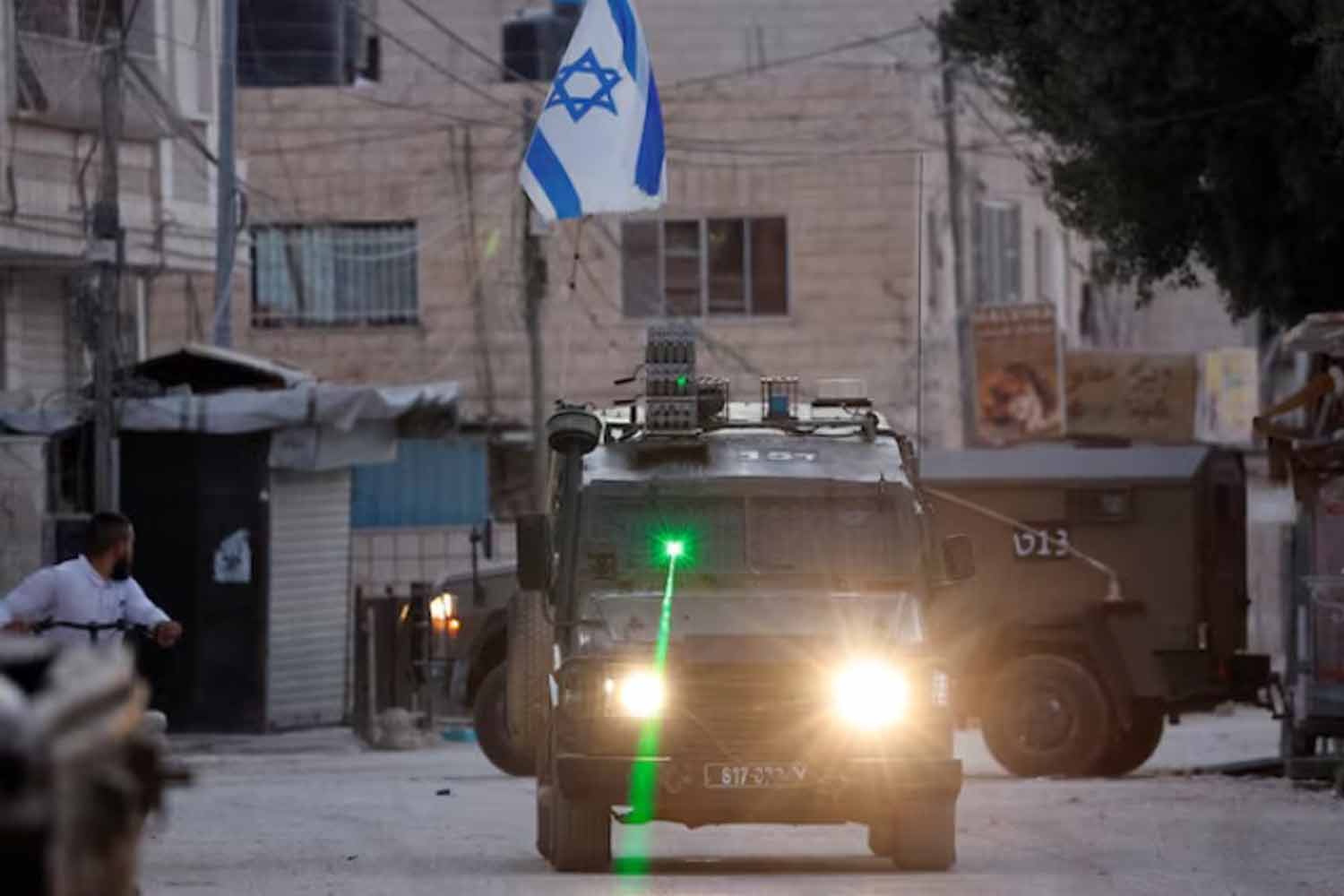Israeli forces conducted a series of airstrikes on Thursday targeting the Yemeni capital, Sanaa, and the western city of Hodeidah, resulting in the deaths of at least six individuals and injuring many others, according to a statement from the Iran-aligned Houthis, who pledged to retaliate.
The assault on Sanaa International Airport resulted in the deaths of three people and left 30 others injured, as reported by the Houthi-operated al-Masirah television. Tedros Adhanom Ghebreyesus, the Director-General of the World Health Organization, stated that he and a United Nations team were preparing to board a flight when the airport was struck.
“As we were about to board our flight from Sanaa, the airport was hit by aerial bombardment. One of our crew members sustained injuries,” Ghebreyesus noted, assuring that he and his team were unharmed.
He further mentioned that the air traffic control tower, the departure lounge—located just meters from their position—and the runway sustained damage. “We will have to wait for the airport repairs to be completed before we can depart,” he added.
In Hodeidah, at least three individuals were reported dead and ten others injured due to the strikes, according to al-Masirah. The attacks targeted the ports of Hodeidah and Ras Issa, as well as the Ras Kutub power station in the Hodeidah Governorate, the Houthis reported.
The total number of injuries from the strikes reached at least 40, with the Houthis condemning the assault as “brutal aggression” and vowing to seek revenge.
Hezam al-Asad, a member of the Houthi political council, issued a warning to Israel in a post on X, stating, “Gush Dan is no longer safe.” Gush Dan refers to a metropolitan area in central Israel that encompasses Tel Aviv and its surrounding towns and cities.
The Israeli military announced on Thursday that it targeted “military installations” associated with the Iran-aligned Houthis.
According to a statement from the Israel Defense Forces (IDF), the operations focused on military infrastructure utilized by the Houthi regime for its activities at Sanaa International Airport, as well as the Hezyaz and Ras Kanatib power stations.
Furthermore, the IDF reported that it had also engaged “military infrastructure” located at the ports of Hodeidah, Salif, and Ras Kanatib along the western coastline.
These military sites were allegedly employed by the Iran-backed Houthis for the smuggling of Iranian arms into the area and for facilitating the arrival of high-ranking Iranian officials, as stated by the Israeli military.
Israeli Prime Minister Benjamin Netanyahu emphasized that operations in Yemen would continue “until the mission is complete.” Speaking from the Air Force Command Center in Israel, he asserted, “We will continue to dismantle the terror apparatus of Iran’s axis of evil until our objectives are achieved.”
In recent months, the Houthis have launched missiles at Israeli cities, claiming these actions are a response to the Israeli military campaign in Gaza, which has resulted in over 45,300 Palestinian casualties. The Israeli military has conducted multiple strikes in Yemen since initiating its operations in Gaza following the Hamas-led attack on October 7.
Ongoing Tensions
A UN delegation was present in Yemen to facilitate negotiations for the release of detained UN personnel and to evaluate the health and humanitarian conditions in the region. Tedros, representing the WHO, expressed condolences to the families of those who lost their lives in the recent attack, as noted in the statement.
The United States and the United Kingdom have previously targeted the Houthis in response to their disruption of shipping activities in the Red Sea, a critical global trade route. The US State Department designates the Houthis as a global terrorist organization.
Last week, a missile launched from Yemen struck Tel Aviv, Israel’s second-largest city, resulting in injuries to at least 16 individuals. Just days prior, Israel successfully intercepted another missile fired by the Houthis, although shrapnel from that incident caused significant damage to a school in the vicinity of Tel Aviv.
Since the onset of Israel’s conflict with Hamas in Gaza in October of the previous year, the nation has faced missile and rocket attacks from Hezbollah in Lebanon and the Houthis in Yemen, both of which are militant groups supported by Iran, as well as direct threats from Iran itself. The majority of these projectiles have been successfully intercepted by Israel’s air defense systems.
For several months, the Houthis have been targeting vessels in the Red Sea, one of the busiest maritime routes globally, claiming these actions are a reaction to the ongoing conflict in Gaza.
The Houthis, Hamas, and Hezbollah form part of an Iran-led coalition that has been attacking Israel and its allies since the conflict escalated last year. They have declared that their assaults on Israel and its allies will persist until a ceasefire is established in the Palestinian territories.
In the aftermath of Thursday’s attacks, the Houthis reaffirmed their commitment to supporting the people of Gaza, stating that their actions will continue until the aggression against Gaza ceases and the blockade on its population is lifted.
Discover more from Defence Talks | Defense News Hub, Military Updates, Security Insights
Subscribe to get the latest posts sent to your email.





